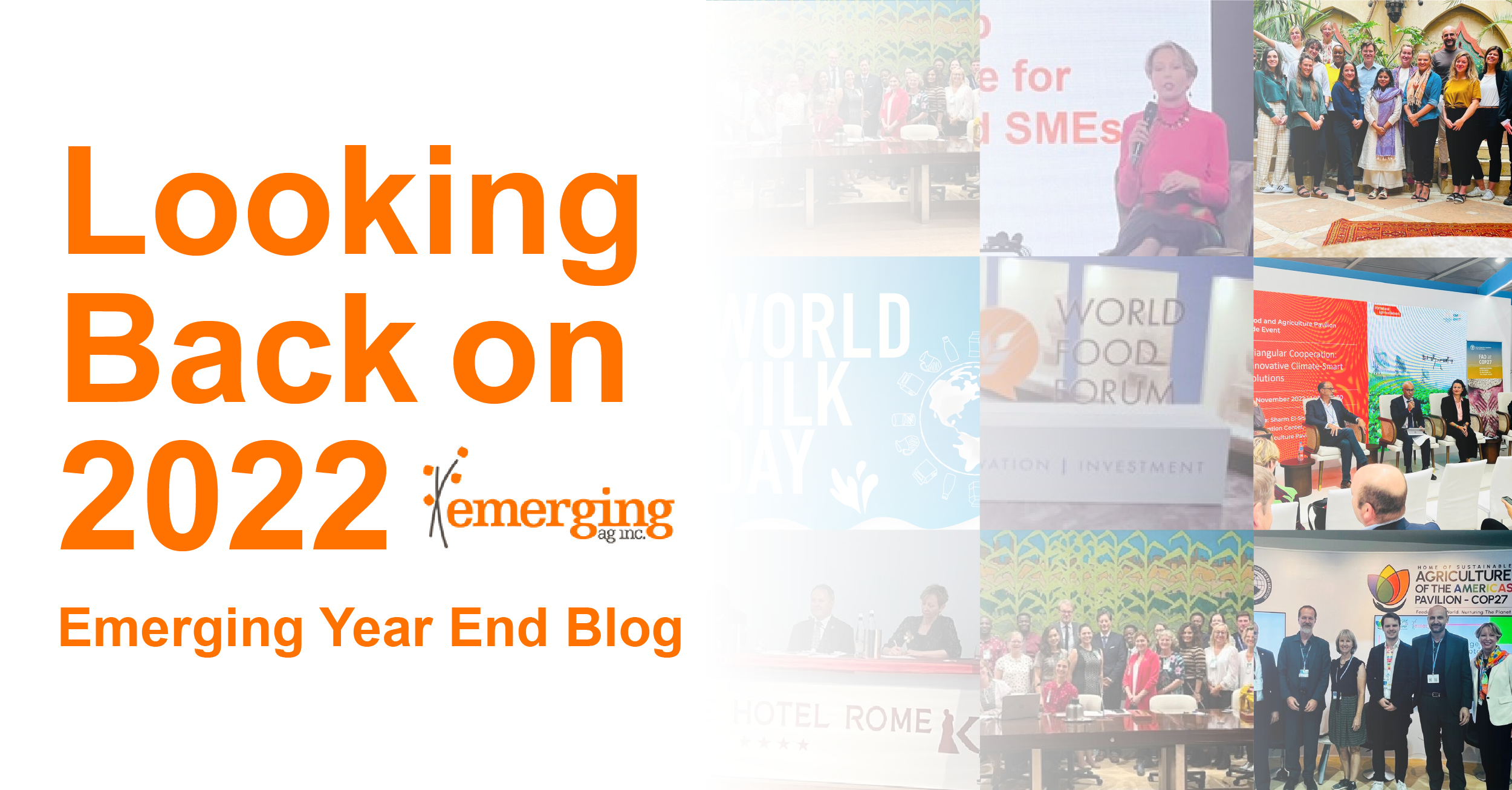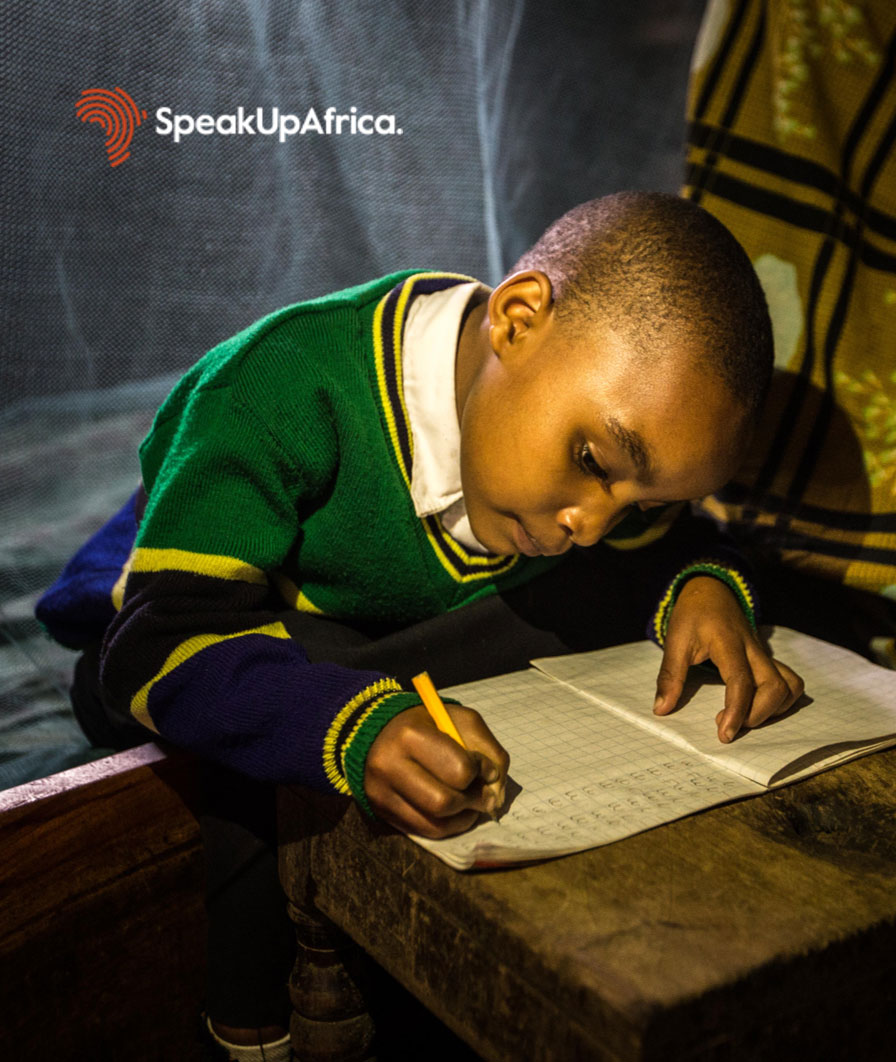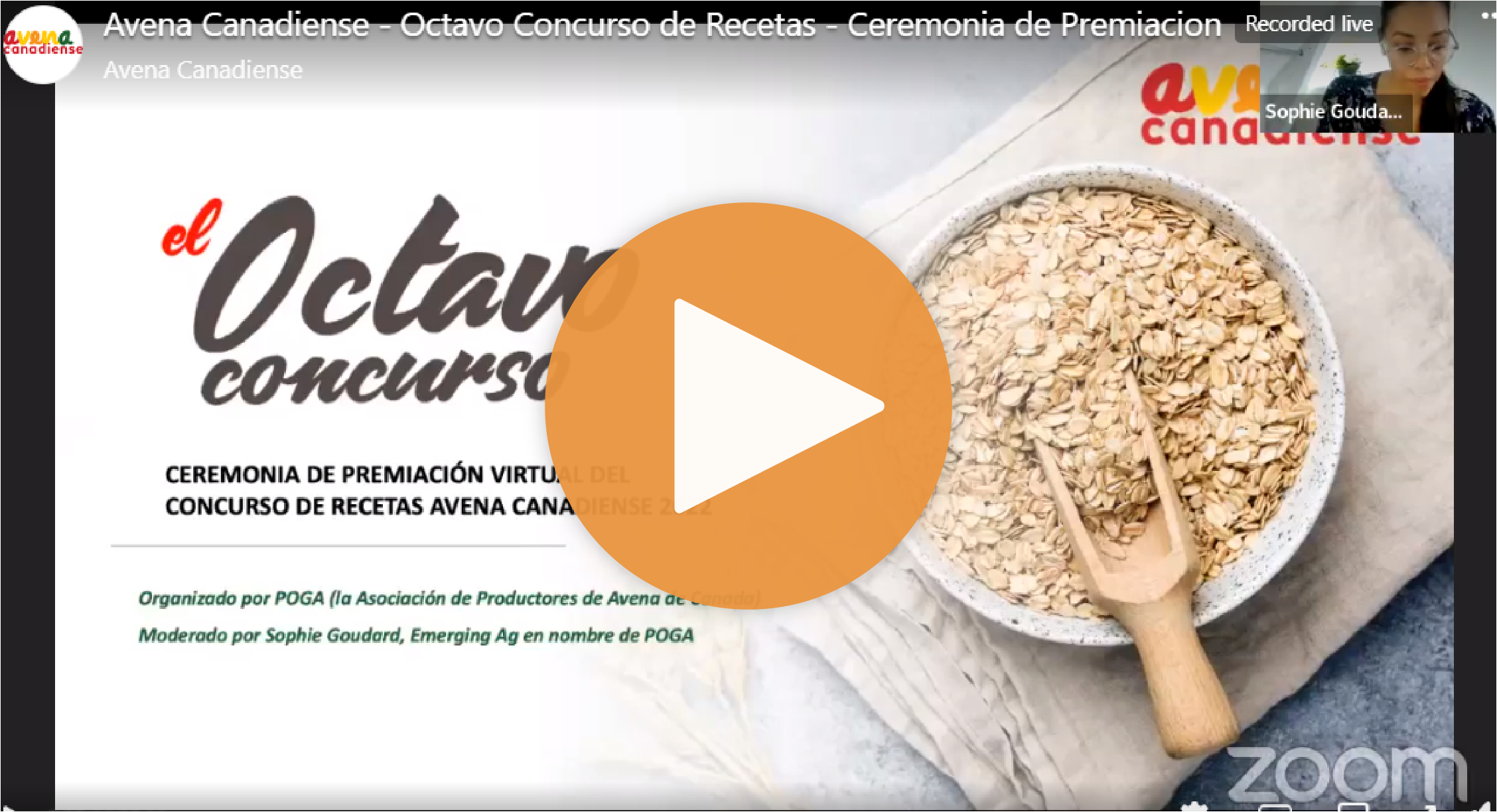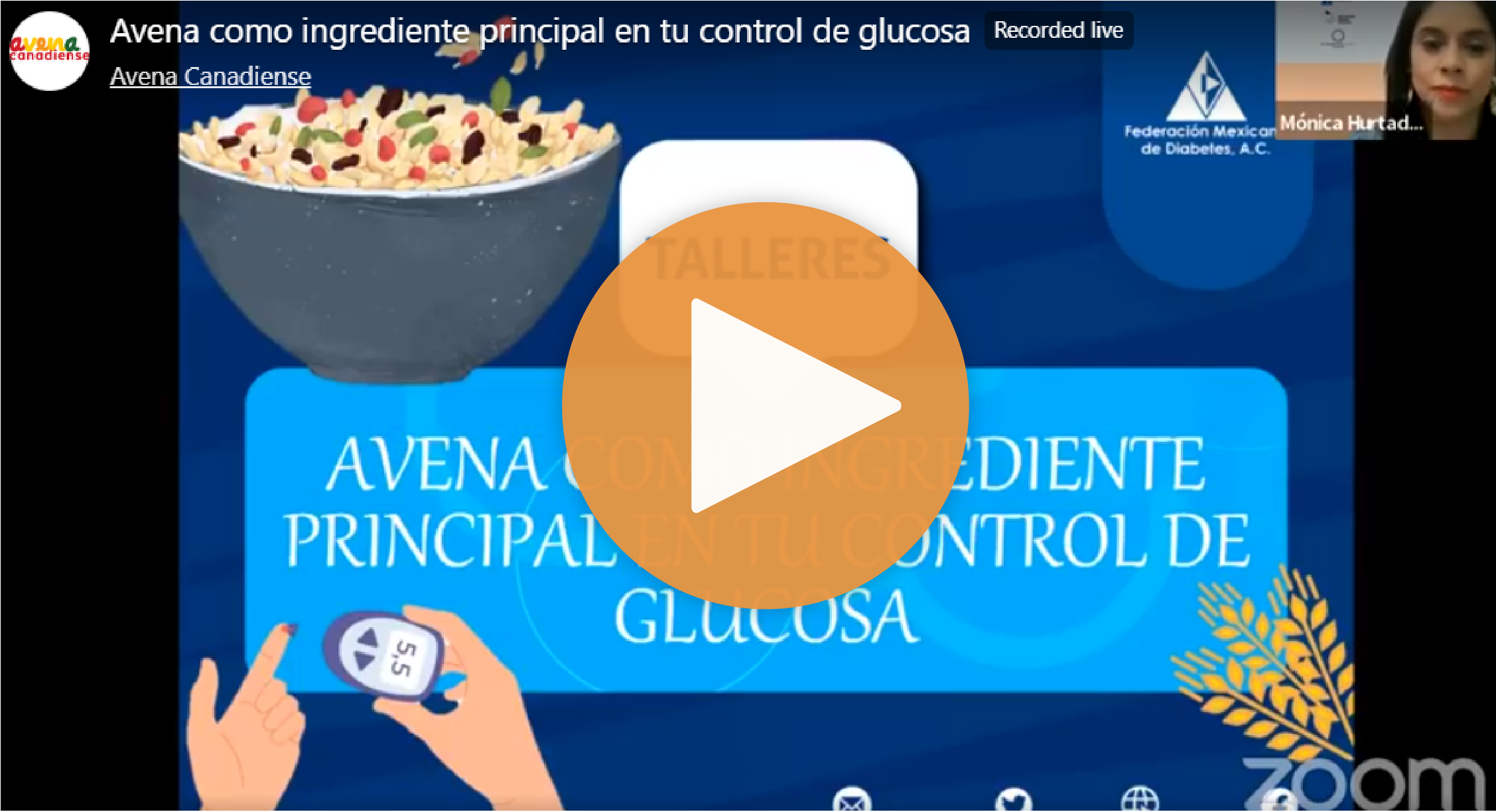ECOSOC at 80: Renewing Multilateralism in an Age of Global Uncertainty
On 23 January, the United Nations Economic and Social Council (ECOSOC) convened a commemorative session…

In a year where the world is facing challenges on infectious diseases, conflict and inflation, we have been even more motivated to tackle tough issues. Inequalities need continued attention so the themes of youth engagement, gender equity, rural livelihoods, climate, and health ran through our work. Here are a few of our key highlights:
January
Through 2022, Emerging ag worked with the Scientific Animations Without Borders (SAWBO) to promote a series of educational animation videos highlighting agricultural practices to improve food safety, security and reduce food loss and waste. The animations are available in multiple local languages and promoted to countries such as Ghana, Nigeria, Kenya and Bangladesh. The social campaigns exceeded expectations, resulting in an estimated reach of over 12.4 million people and changed practices amongst almost half of those it reached. Check out their video library of over 1,000 animations on 100+ different topics and in over 200 different language variants. Electronic extension services have a proven effect and we were proud to be part of this groundbreaking study.
February

Emerging Ag was delighted to work with Speak Up Africa to develop a series of training modules, in both French and English, around advocacy and strategic communications. The objective of the modules was to help key Speak Up Africa stakeholders, including representatives from civil society organisations, national level organisations, technical partners and key media in effectively communicating the importance of action on public health issues, formulating clear ‘asks’ for decision-makers, and communicating progress. The three modules were accompanied by a Trainer’s Manual, providing best practices and a detailed set of guidelines for trainers to deliver training sessions in line with the needs of Speak Up Africa’s key stakeholders.
March
Gender issues are at the forefront of our work, with many events and activities throughout the year. In March, on the margins of the UN Commission on the Status of Women, the CGIAR GENDER Platform, in collaboration with the Permanent Mission of the People’s Republic of Bangladesh to the United Nations and the Permanent Mission to the Republic of Zambia to the United Nations, hosted a Side Event entitled “Women’s and Girl’s empowerment: Key to equitable food systems in a changing climate”. The event brought attention to the intersection of climate vulnerability and gender inequality hot spots. Climate-resilient agriculture, a prerequisite for reaching the 2C target set by the UNFCCC and gender equity, needs to be built into these policies.

The Private Sector Mechanism of the UN Committee on World Food Security held a major event with 120 representatives of Member States, UN agencies, NGOs, academia, and private sector on April 7. The focus was business commitments and initiatives that are accelerating action for gender equality. There are a wide range of programs showcased and discussions about how to accelerate these initiatives. Key messages and identified priorities formed part of private sector contribution to the Committee on World Food Security (CFS) gender negotiations.
April

In commemoration of World Malaria Day on April 25, the world comes together every year to raise awareness of malaria, a preventable and treatable disease that continues to have a devastating impact on the health and livelihoods of people around the world. This year we joined the global malaria community to amplify the call for new investments and innovations in the global fight against malaria under the WHO theme “Harness innovation to reduce the malaria disease burden and save lives.”
Learn more about the campaign here.
May

Continuing our work to include young people in global discussions about the food system, throughout May, the Private Sector Mechanism (PSM) held a series of collaborative events on Promoting Youth Engagement and Employment in Agriculture and Food Systems ahead of the Committee on World Food Security CFS50 in October 2022. The PSM Youth Forums ran between May 11 and May 26 and focused on amplifying youth voices, facilitating partnerships and linkages, and sharing knowledge, expertise, and technology to transform global food systems. Through this, we invited organizations and individuals to share their stories and experiences, including best practices, lessons learned, challenges, and opportunities to help youth find their future in the food system.
View the virtual gallery here.
June

The world commemorated World Milk Day on June 1. Once again, Emerging Ag was thrilled to work with the Global Dairy Platform in the planning and execution of the global campaign. An extension from last year, this year’s theme highlighted the work already being done to accelerate climate action and help reduce the dairy sector’s impact on the planet. Prior to World Milk Day, the Enjoy Dairy Rally took place from May 29-31 and highlighted the wide-encompassing contributions of the dairy sector in day-to-day life of people across the globe.
For the second year in a row, World Milk Day celebrations exceeded 1 billion social media impressions. This year 113 countries around the world participated in World Milk Day activity, from Argentina to Zimbabwe. The results of the celebrations which were coordinated by Emerging Ag, under the direction of Global Dairy Platform, are a testimony to the versatile role that dairy plays in the lives of millions of people worldwide.
In June, OCP Cultivating Conversations held “Growing Needs: Fertilizer in Complex Times”, which took place June 16, focused on the current challenges facing global fertilizer supply, how this impacts our food systems and how we can collectively address these challenges. OCP made an important announcement about its commitment to serving the African fertilizer market in the immediate and the longer term. Other events included a conversation in July on “Feeding the Earth: Understanding Soil Health” and a conversation in November on “Eliminating Barriers: Empowering Women in Agriculture”.
July
The Prairie Oat Growers Association (POGA) launched its 8th Annual Oat Recipe Contest in May and held the awards ceremony to honour the contest winners and commemorate Canada Day. The recipe contest celebrates the health benefits and versatility of oats. This year we invited recipes for four categories: Inspired by Mexican cuisine, Vegetarian, Gluten Free, and Creative. There was also a special prize for our contestants under 25 years of age. The award ceremony was well received virtually with the ceremony live stream reaching over 230,000 people.

The recipes are available on the Avena Canadiense website and are regularly shared on its social media channels.

Our work with POGA brought in additional events, with an information seminar and cooking workshop in collaboration with the Mexican Diabetes Federation (FMD) to celebrate World Diabetes Day on November 14. The workshop received over 33,526 in reach. This event includes a presentation on healthy eating and the benefits of oats from an FMD nutritionist, as well as a cooking workshop featuring three recipes from the Avena Canadiense Recipe Contest. Two of the winning chefs from the contest were included in the workshop as participants.
August

The Food and Agriculture Organization of the United Nations (FAO) and the International Agri-Food Network (IAFN) launched a pilot Accelerator Mentorship Programme to support women entrepreneurs in addressing key challenges and constraints they face in their businesses. The program has 50 promising women entrepreneurs from Africa paired up with global business leaders who will mentor them over six months with one special additional pairing of leaders working on special projects. Other components of the program include knowledge exchange, networking, and peer learning sessions, and a series of tailor-made trainings to enhance hard skills from a selection of available options on the FAO eLearning Academy.
The program opened to applications in August and received over 500 submissions. A cohort of 50 female entrepreneurs operating in the agrifood sector in the Sub-Saharan Africa region were selected to participate in the first year of the customised programme, which started in October 2022.
Learn more about the programme here.
September
The month of September started on a high for the team with over 250 stakeholders converging in Accra, Ghana and more joining virtually for the Science and Partnership for Agriculture Conference (SPAC) which took place between the 14 – 16 September. Hosted by the Forum for Agricultural Research in Africa (FARA), the conference deliberated on issues that are hampering agricultural productivity and competitiveness of the sector such as climate change and will identify innovative and sustainable solutions that can be scaled up.

Additionally in September, the Emerging team, as part of its support to the Outreach Network for Gene Drive Research, developed a series of training workshops that were held during the 2022 Pan-African Mosquito Control Association (PAMCA) Annual Conference in Kigali, Rwanda. The workshops included a Policy Engagement Workshop which aimed to raise awareness of the importance of having the scientific community engaged in policy discussions and to prepare scientists to have effective engagements with policymakers. In addition to this, our team also held several Social Media Workshops. These focused on developing participants’ confidence and expertise in the use of social media platforms LinkedIn and Twitter, to enable them to leverage these platforms in support of their research work and career.
October

October was a busy month for the Emerging team, with a full paced return to in-person events. From 10 – 13 October the 50th session of the Committee on World Food Security took place at the Food and Agriculture Organization of the United Nations. The delegation included 176 individuals from 37 countries and featured diverse gender, geographical and age representation. Additionally, 37 youth participants from all backgrounds joined these conversations aimed at highlighting PSM’s commitments, priorities, and support for upcoming engagement opportunities.
In addition to the bilateral meetings, PSM was able to make 13 interventions from panels and the plenary floor. These statements came from a wide variety of members who were able to speak personally on their experiences on the topic while having in-depth expert knowledge. PSM members organized 5 side events this year reaching over 1000 attendees in a hybrid mode. Topics included gender, zero hunger, philanthropy in times of crisis, farmers and agroecosystems, and future-proofing soils: the role of youth and actionable data.
The following week from 17 – 21 October, the first annual World Food Forum took place in Rome. The World Food Forum was broken down into three key topics, the Global Youth Forum, the Science and Innovation Forum and the Hand-in-Hand Investment Forum. Each topic held a specific interest for our delegates and brought forward experts in the field to discuss opportunities and current innovations in the field.
Learn more about our activities here.
November

November ended with a breakthrough agreement on a New “Loss and Damage” Fund for Vulnerable Countries after two weeks of this year’s UN Climate Conference, COP27. Food systems and agriculture were visible and high up the climate agenda at COP27 compared to previous COPs. The official COP programme featured the first-ever Adaptation and Agriculture Day. Five food-focused pavilions held an unprecedented number of agriculture and food systems events, demonstrating the importance of food systems transformation in achieving climate, nature, and development goals. In addition, public and private stakeholders announced several key initiatives, the most significant being – Food and Agriculture for Sustainable Transformation (FAST) and Initiative on Climate Action and Nutrition (I-CAN), which is a step in the right direction. Parties, through the cover decision, known as the Sharm el-Sheikh Implementation Plan, agreed to establish a four-year joint work on implementing climate action on agriculture and food security.
Emerging Ag is proud to have supported convening 18 special events, including two official COP27 side events. Emerging Ag is thrilled to have played a role to bring innovative solutions to transform the agri-food systems to make them more efficient, resilient, inclusive, and sustainable to the climate crisis.
December

As part of its support as the Secretariat to the DSI Scientific Network, Emerging helped organise two consecutive sessions on DSI in preparation for CBD COP 15. The sessions, entitled “A comparative analysis of policy options for DSI under the CBD: How to they measure up?”, aimed to contribute to the international policy debate on DSI (digital sequence information) and benefit sharing. The webinar in November, co-hosted with the global Plant Council, and the official side event in Montreal in the margins of CBD COP15 were very well attended, bringing together policymakers, DSI experts and other stakeholders to discuss the best way forward to ensure fair and equitable sharing of the benefits generated by the use of DSI. DSI benefit sharing was at the core of the complex negotiations that took place to agree on a Post-2020 Framework for Biodiversity at COP 15. The DSI Scientific Network has engaged in the negotiation process for the past two years to bring the perspective of DSI users and managers to the negotiations and inform an outcome that could enable fair and equitable sharing of benefits while preserving open access in support of research, biodiversity conservation, food security, and public health.